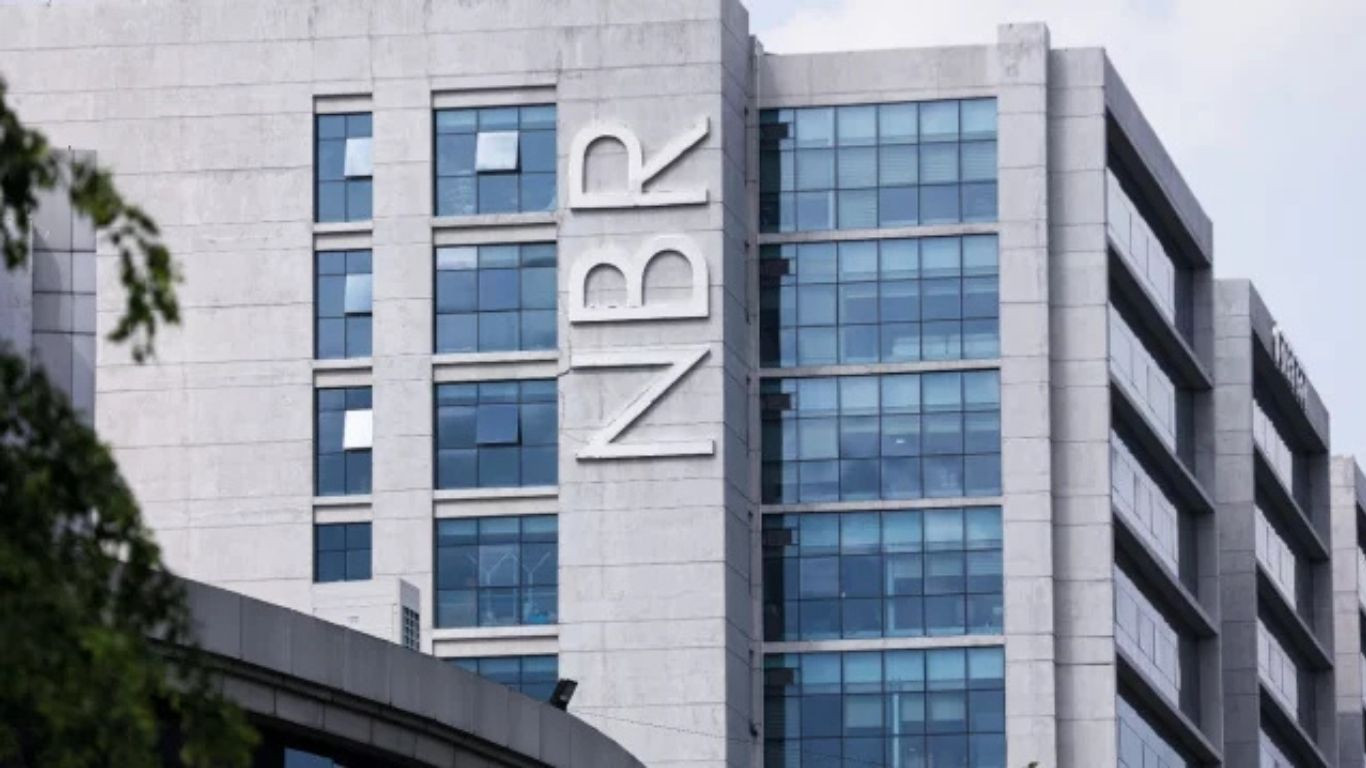Sakana AI’s $135M Bet to Build Japan’s Own GenAI Stack

Japan-focused startup raises huge Series B to localize AI
Tokyo-based startup Sakana AI has raised about $135 million in fresh funding as Japan races to build its own generation of homegrown artificial-intelligence models. The Series B round, worth roughly ¥20 billion, values the two-year-old company at $2.65 billion and ranks among Japan’s biggest AI deals so far. Founded by former Google researchers David Ha, Llion Jones, and Ren Ito, Sakana AI focuses on models tuned specifically for Japanese language and culture, promising better performance on local tasks than English-first systems.
Investors see a gap in the market as Japanese businesses and government agencies seek AI tools that can handle nuanced honorifics, complex kanji, and tightly regulated industries. The new funding, led by global and domestic backers, will help Sakana expand its model lineup, hire more researchers, and scale compute infrastructure without relying solely on foreign cloud providers. The company says its models are designed to be smaller and more efficient than frontier systems, making them easier to run on corporate servers or specialized hardware.

Sakana’s founders argue that relying entirely on US- and China-centric AI providers carries both economic and security risks for Japan. Local banks, manufacturers, and media groups have already begun pilot projects using Sakana models to automate document drafting, customer support, and data analysis. Regulators in Tokyo, meanwhile, are working on AI guidelines that stress transparency, data protection, and human oversight—areas where smaller, locally controlled models may have an advantage.
Subheading 2 (competition, regulation, and what’s next)
The funding round lands amid intense competition. Global giants are pushing Japanese-language versions of their own chatbots, while new domestic players such as telecoms and chipmakers eye AI as a core growth engine. Sakana AI says it plans to open-source some tools while keeping its most capable models under commercial licences, hoping to build an ecosystem of startups that can fine-tune systems for sectors like healthcare, logistics, and creative industries.
Tokyo’s push for “trusted AI” is also shaping the company’s roadmap. Sakana has committed to publishing safety evaluations, guardrail policies, and documentation about training data sources—steps meant to reassure regulators and clients nervous about bias, security, or copyright issues. Analysts say the combination of strong local demand and supportive industrial policy could turn Japan into a regional hub for mid-sized, domain-specific models, even if it never leads the race for the largest systems.

For now, the company faces the familiar challenges of every fast-growing AI startup: recruiting scarce talent, securing long-term chip supply, and proving that its technology can move beyond pilot projects into mission-critical deployments. With new capital in hand and pressure rising on Japanese institutions to digitise, Sakana AI is betting that a deeply local approach can stand out in a crowded global AI market.






















